Tricks and tips for sleeping well using these super effective apps
Tricks and tips for sleeping well using these super effective apps
“We spend a third of our lives
sleeping”… or at least that’s what should happen in an ideal world. In
reality, we sleep less than we should and often get out of bed tired and
muttering “How is this possible? Today I slept a ton!”
We undervalue the act of sleeping.
That’s our problem. We believe it’s enough to get under the covers and
close our eyes. It’s much more that that! It’s important to sleep with a clear mind, with the brain prepared for the task of resting and a clear idea about the best time to wake up the next day.
Lucky for you, there are niche apps
for each one of the sub-processes above for getting to sleep
(relaxation, mental preparation…). I’ll recommend the best applications,
with a few tips here and there, so from now on you wake up with your
body fully refreshed and rested.
First up: relax
The sleeping process starts long
before you go to bed. Above all, it’s important to feel emotionally calm
and quiet. Otherwise, when you close your eyes, your mind will recall
all the problems awaiting you tomorrow, all the mistakes you made today…
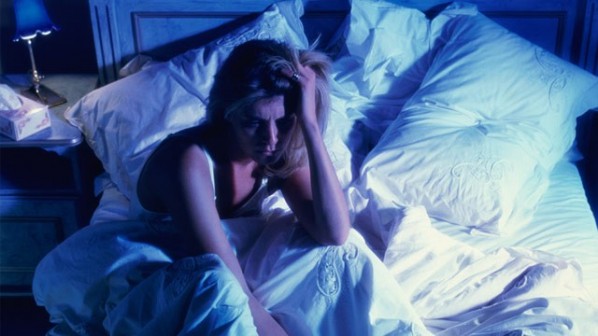
To avoid bad vibes that make it difficult to rest, I recommend that an hour or two before bed, you dedicate 10 or 5 minutes to doing a few guided meditations that relaxation apps suggest.
I recommend a meditation giant: “Calm – Meditate, Sleep, Relax” (also for iOS and Android).
It offers guided meditations of all kinds (not only for sleeping: for
managing stress, calming anxiety…) and with different lengths (3, 5, 10,
15, 20 or 25 minutes).
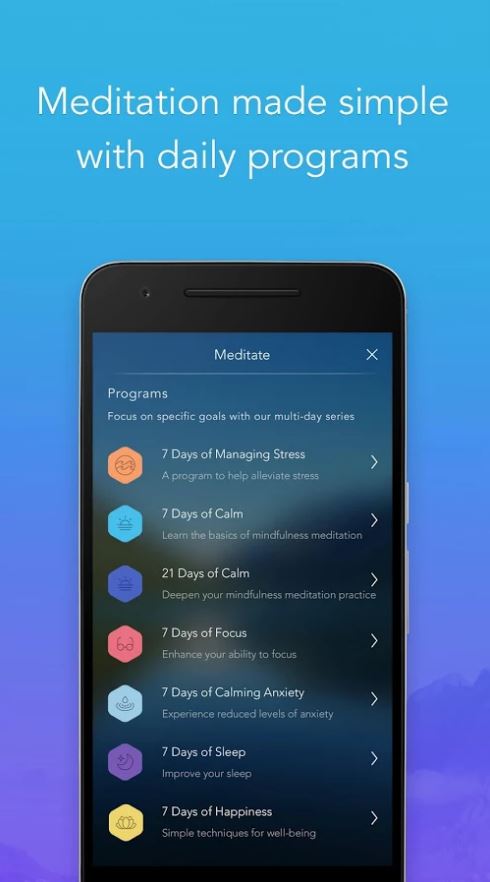
This app, and other ones that you can
easily find in your mobile store, will help you meditate but won’t
become that overbearing virtual hand that emerges from your cell phone
screen to take you by the neck and force you to stop doing whatever you
were doing to relax already. The decision to invest 5, 10 or even 1
minute in your mental health depends on you.
Stay away from light
Do you usually use your cell phone
right before going to bed? Smartphones, TV, tablets… emit what is known
as blue light. When your eyes see this type of light, they send the
following message to your brain: “Let’s not sleep yet, it’s still day!” The
brain takes note and eliminates the production of melatonin, a hormone
that prepares the body to go to sleep and regulates sleep. The result:
if you mess around with your cell phone, you’ll later go to bed feeling
restless.
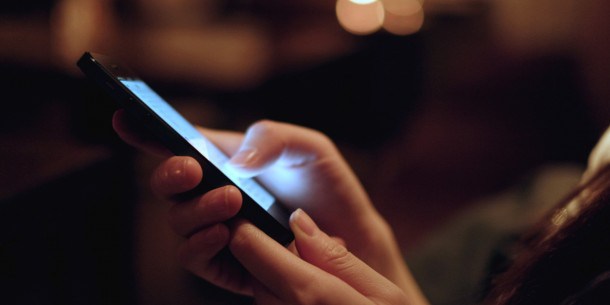
I’m not going to forbid you from peeking at your cell phone close to bedtime. But I do recommend that you activate Night Mode on your smartphone.
This feature actives a special filter that neutralizes the blue light
starting at a certain hour, so it doesn’t affect the production of
melatonin.
If you use an iPhone 5s or later, you can tinker with Night Mode from the Settings on your cell phone.
In the case of an Android, its equivalent feature, called “Nocturnal light,” can also be found in the “Settings” section.
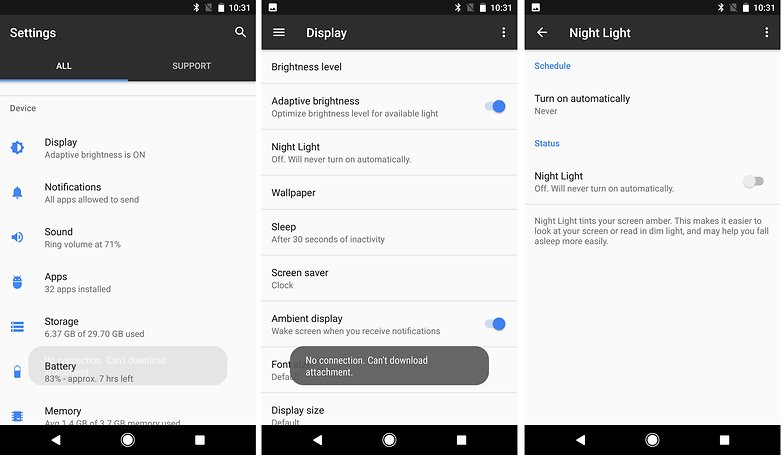
At the time of writing this article, this feature is fairly recent and may not be available on your cell phone.
Don’t have access to Night Mode or
don’t like the results? No problem: there are a myriad of apps that add
similar filters. On Android, one of my favorites is “Twilight.” It’s named after its special filter that activates after sunset.
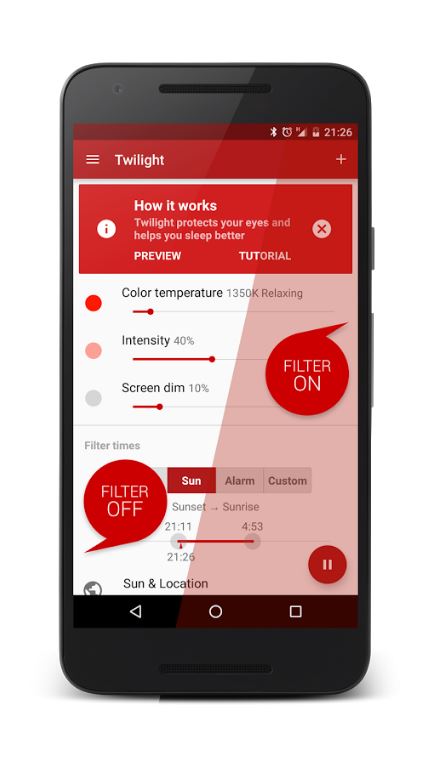
For iOS, we’ve got F.lux, a similar app that’s 100% free but requires you to jailbreak your smartphone to install it.

Myths and facts about niche apps for sleep cycles
The moment of rest has arrived. The goal is not simply to sleep but to achieve profound and restful sleep. It
would be easy to recommend niche apps for sleep cycles and that’s it,
but before I start naming applications, I feel obligated to clarify a
few myths about these types of apps.
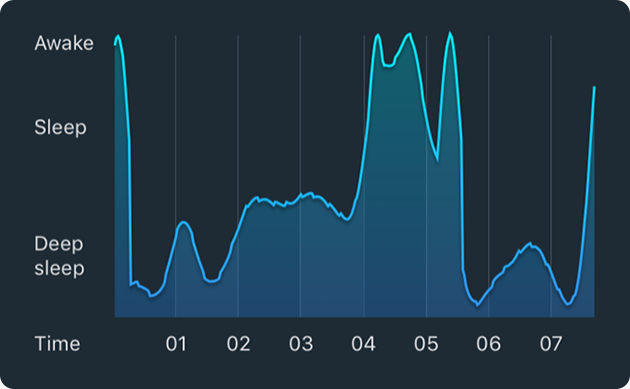
A sleep cycle lasts about 90 minutes. If
sleep is interrupted before that respective hour and a half has passed,
you’ll wake up tired and fatigued as if you had slept very little.
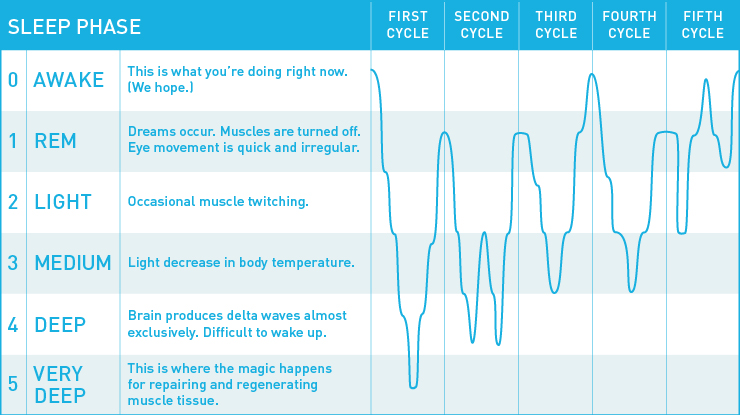
Let’s assume that I want to go to
sleep every day at 12 at night. Five sleep cycles are recommended so
it’s best for me to wake up at 7:30. If I wake up at 7, I’ll cut off the
5th cycle and feel tired and if I wake up at 8, I’ll cut off the 6th
additional cycle even before I’m even halfway through.
In theory, it’s easy to suggest
sleeping every day from 12 to 7:30 for restful sleep. In practice, it’s
much more complicated. What always happens when we say “alright, I’m
going to sleep right now”? Our mind gets stressed and we end up falling asleep at 3 in the morning! We can’t 100% control when we sleep and this means our plans of taking over our sleep cycles may come to a halt.
Niche apps for this resting period
promise, using systems that analyze your movements or listen to your
sounds at night, to detect the exact moment you fall asleep. At that
moment, a smart alarm is activated so you wake up at the best possible time.
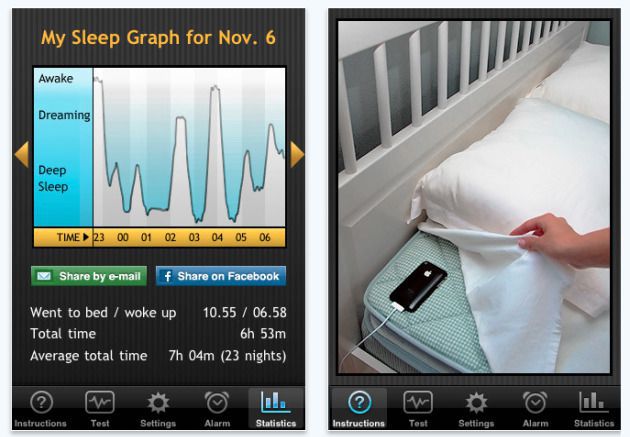
Doctor W. Christopher Winter, a specialist in medicine and neurology, warns that these applications aren’t 100% reliable.
According to Winter, in order to know exactly when we fall asleep,
other body functions need to be analyzed, such as breathing, ocular
movement or brain activity. Because these apps depend on only two
variables (body movement + sounds), they lend themselves to
misunderstandings.
These type of applications thus act as a guide. For example, they can tell more or less how many hours you sleep a day. I
thought I slept a little over seven hours but after using an app, I
found out that I sleep six hours thank you very much. Just knowing this
fact let me make better decisions about my habits.
Additionally, they can help you detect activities that help or hurt your sleep. For example, if you don’t believe alcohol or coffee harms sleep, compare the analysis of days you drank these substances versus days you drank nothing or less than usual.
Experiment with your body! You have my permission and I’m sure Doctor Winter would give his approval as well.
With this point clarified, I’ll turn to my recommendations for sleep cycle apps. On Android, my favorite is “Sleep as Android” (you have a two-week trial period before you have to pay).
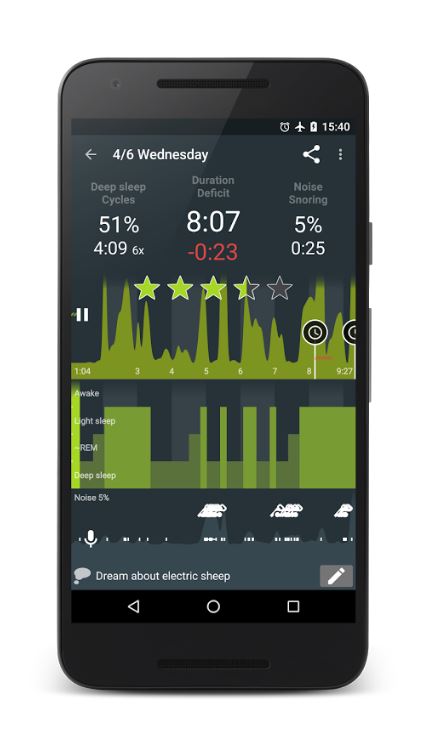
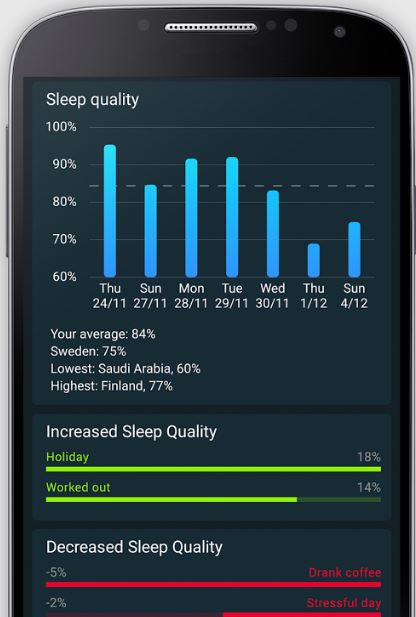
These two apps also have a cool feature that lets you calculate when the best time to go to sleep is or
what time you should wake up if you go to sleep at XXX time. This
feature works great if you plan to figure out all the variables that
affect your sleep.
These apps will help us get restful
sleep. But what about s0-called “deep sleep”? Is there an app that helps
you maintain that? The application “Pzizz – Deep Sleep & Power Snap” (available both for iOS and Android), at your service.
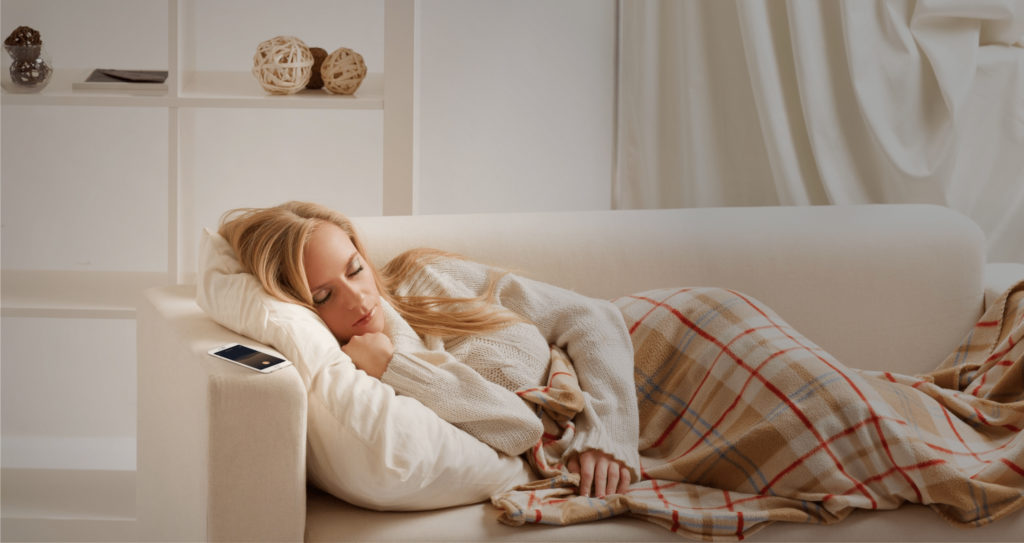
While you sleep, this application
helps you sleep peacefully and optimally by emitting a combination of
music, voices and sound effects. This serene symphony will increase your
chances of getting deep sleep.
Go to sleep!
My final recommendation is that you take it step by step. For
example, first you could get used to dedicating 10 minutes a night to
meditation or be mindful by reading on your cell phone with a special
filter. Later, look into those habits to avoid or find out how many
hours you really sleep. With patience and dedication, soon you’ll enjoy
all the benefits of restful sleep.
Have a good night
Tricks and tips for sleeping well using these super effective apps
![Tricks and tips for sleeping well using these super effective apps]() Reviewed by Unknown
on
3:47 ص
Rating:
Reviewed by Unknown
on
3:47 ص
Rating:



ليست هناك تعليقات: